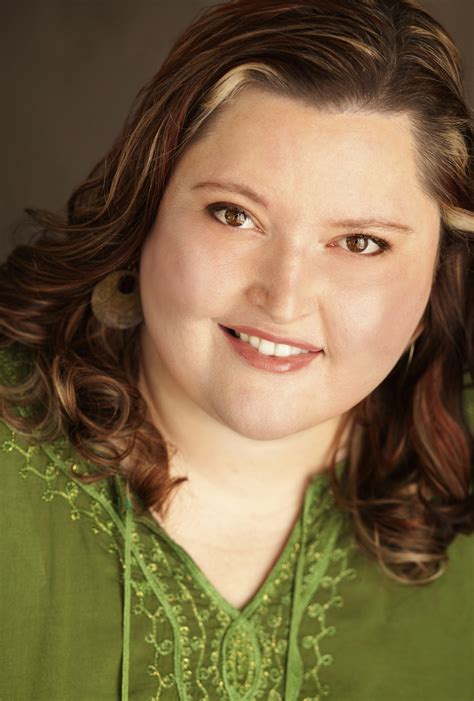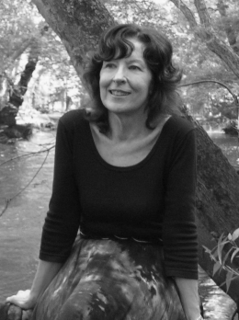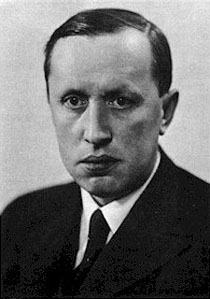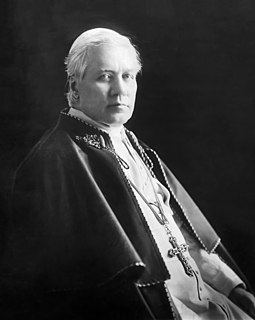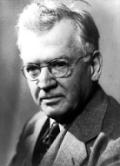A Quote by Julie Burchill
When I moved to Brighton from London in 1995, I was struck by what I thought of as its townliness. A town, it seemed to me, was that perfect place to live, neither city nor country, both of which like to think they are light years apart but actually have a great deal in common.
Related Quotes
Home they brought her warrior dead: She nor swooned, nor uttered cry: All her maidens, watching, said, 'She must weep or she will die.' Then they praised him, soft and low, Called him worthy to be loved, Truest friend and noblest foe; Yet she neither spoke nor moved. Stole a maiden from her place, Lightly to the warrior stepped, Took the face-cloth from the face; Yet she neither moved nor wept. Rose a nurse of ninety years, Set his child upon her knee- Like summer tempest came her tears- 'Sweet my child, I live for thee.' -Alfred Lord Tennyson
But it is rather derogatory that your dwelling-place should be only a neighborhood to a great city,--to live on an inclined plane.I do not like their cities and forts, with their morning and evening guns, and sails flapping in one's eye. I want a whole continent to breathe in, and a good deal of solitude and silence, such as all Wall Street cannot buy,--nor Broadway with its wooden pavement. I must live along the beach, on the southern shore, which looks directly out to sea,--and see what that great parade of water means, that dashes and roars, and has not yet wet me, as long as I have lived.
If you love music hear it; go to operas, concerts, and pay fiddlers to play to you; but I insist upon your neither piping nor fiddling yourself. It puts a gentleman in a very frivolous, contemptible light; brings him into a great deal of bad company; and takes up a great deal of time, which might be much better employed.
All that was neither a city, nor a church, nor a river, nor color, nor light, nor shadow: it was reverie. For a long time, I remained motionless, letting myself be penetrated gently by this unspeakable ensemble, by the serenity of the sky and the melancholy of the moment. I do not know what was going on in my mind, and I could not express it; it was one of those ineffable moments when one feels something in himself which is going to sleep and something which is awakening.
The sole perfection which modern civilization attains is a mechanical one; machines are splendid and flawless, but the life which serves them or is served by them, is neither superb nor brilliant, nor more perfect nor more graceful; nor is the work of the machines perfect; only they, the machines, are like gods.
...the great movement of apostasy being organized in every country for the establishment of a One-World Church which shall have neither dogmas, nor hierarchy, neither discipline for the mind, nor curb for the passions, and which, under the pretext of freedom and human dignity, would bring back to the world (if such a Church could overcome) the reign of legalized cunning and force, and the oppression of the weak, and of all those who toil and suffer. [...] Indeed, the true friends of the people are neither revolutionaries, nor innovators: they are traditionalists.
The establishment of inner harmony is to be attained neither in the past nor in the future, but where the past and future meet, which is the now. When you have attained that point, neither future nor past, neither birth nor death, neither time nor space exist. It is that NOW which is liberation, which is perfect harmony, to which the men of the past and the men of the future must come.

